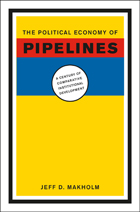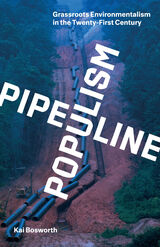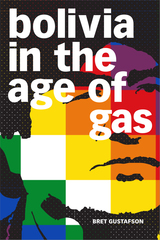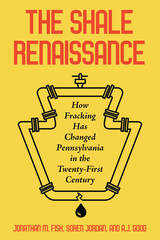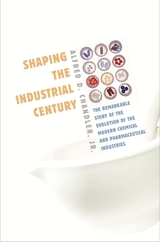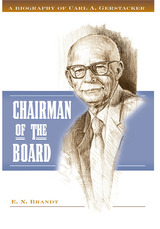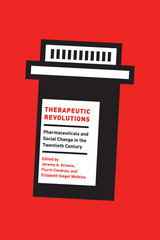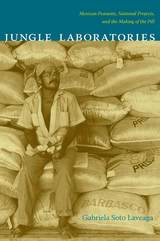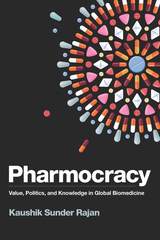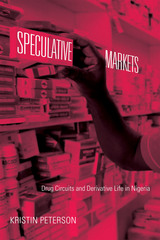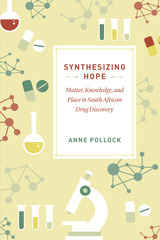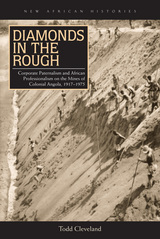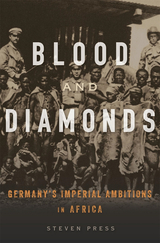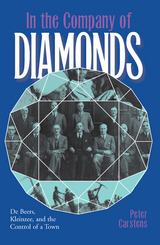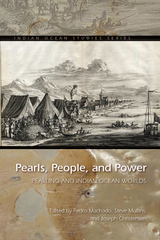Legacies of Childhood: Growing up Chinese in a Time of Crisis
Harvard University Press, 1990
Cloth: 978-0-674-52160-5
Library of Congress Classification HD9657.J32M65 1990
Dewey Decimal Classification 338.456609520904
Cloth: 978-0-674-52160-5
Library of Congress Classification HD9657.J32M65 1990
Dewey Decimal Classification 338.456609520904
ABOUT THIS BOOK
ABOUT THIS BOOK
Jon L. Saari defines the generation of educated Chinese born around the turn of the century as "the last to have the world of Confucian learning etched into their memories as schoolboys, yet the first as a group to confront the intrusive Western world." The legacies of growing up in a changing environment deeply affected this generation's responses to the further changes in the world they confronted as adults. In the collapse of the Ch'ing dynasty and the chaos of the early twentieth century, traditional ideas of the self, the nature of relationships in society, and ethical behavior had to be reexamined and redefined. To reconstruct what those who lived through and shaped this extraordinary period felt, needed, thought, and became as children and adults, Saari draws on autobiographical writings and his own interviews among the elderly on Taiwan and Hong Kong. He interprets this material within its Chinese context but brings Western sociological, anthropological, and psychological insights to bear on it.
See other books on: Chemical industry | Childhood | Growing up Chinese | Japan | Legacies
See other titles from Harvard University Press

